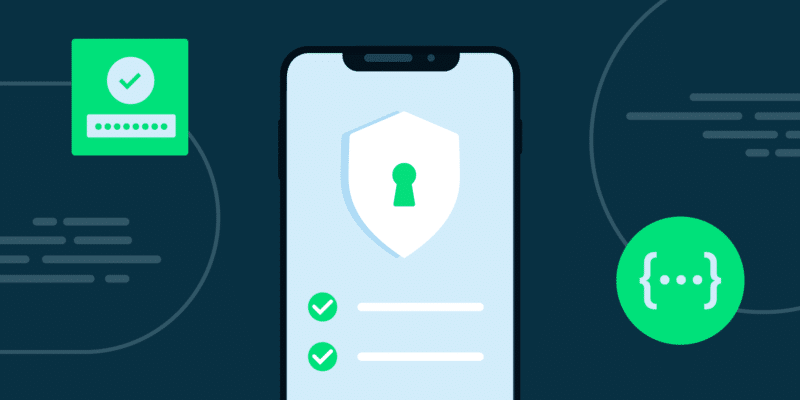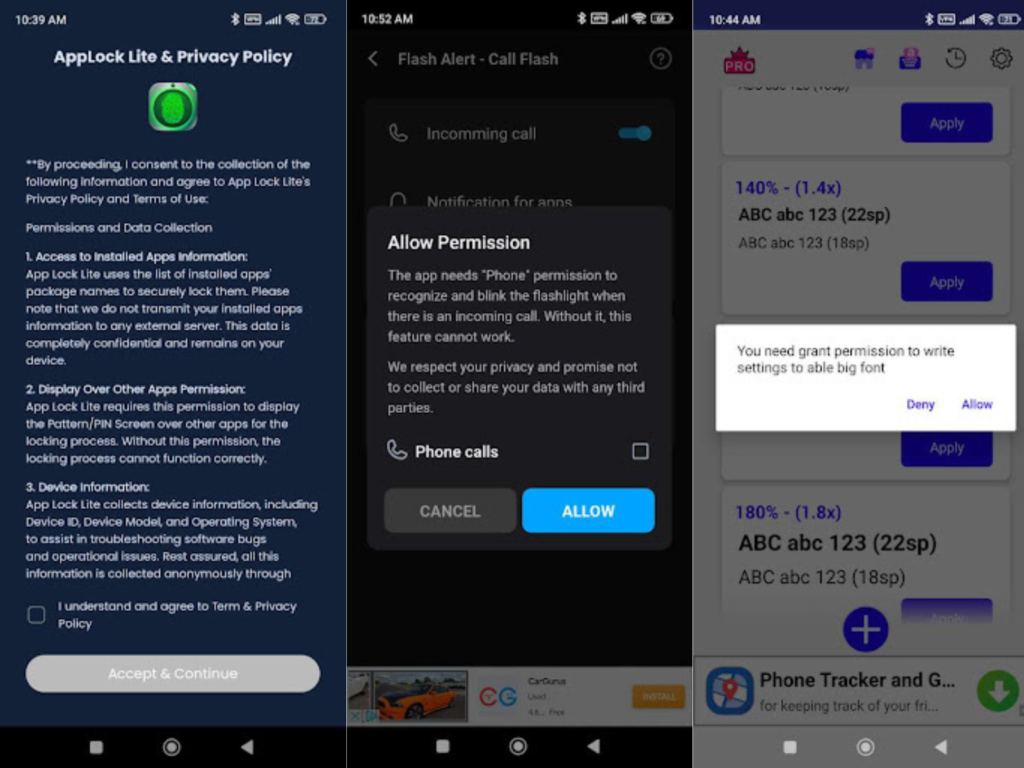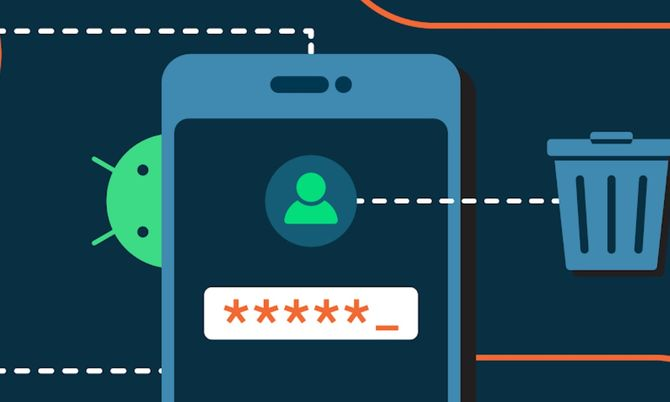Google Play Store is one of the largest app stores in the world, with millions of apps and games available for Android users. To ensure the best user experience, Google has strict policies in place for apps. If your app violates these policies, you may be removed from the store or experience a decrease in your app’s ranking.

In this article, Gamob will introduce you to what you need to know about app policies on the Google Play Store. We will also share some tips to help you avoid policy violations and enhance the credibility of your app.
Violation of User Fraud Policy
Google Play Store has strict policies in place to ensure transparency and reliability of apps. Common policy violations include:
- RAM Boosting: Apps that falsely claim to optimize hardware or boost RAM.
- Junk Cleaning: Apps that do not perform junk file cleaning or expand available storage space for devices.
- Quick Charging: Apps that only put the device in power-saving mode while charging without actually increasing charging speed.
- Antivirus: Apps that lack antivirus capabilities. If claimed, the app needs to provide a third-party security and antivirus certification.
- VPN and Proxy: Misleading descriptions that do not accurately reflect the app’s functionality, causing confusion for users. If applicable, the app should demonstrate the use of dedicated servers for VPN/Proxy configuration.
Therefore, it’s policies that are essential to your app to avoid these violations and provide users with accurate and clear information about your app.
General Data Protection Regulation – Data Protection Rules
Starting January 16, 2024, all apps and websites serving users in the European Union and the United Kingdom must comply with Google’s GDPR notice to ensure the protection of user privacy. GDPR is a law in the European Union designed to safeguard the privacy and freedoms of users in the digital age.
Read more: https://support.google.com/google-ads/answer/7687725?hl=vi
Data Access Rights
Google is emphasizing making the process of accessing users’ devices and personal data more transparent. This means that any apps or websites wishing to use user information must provide clear notice of the purpose and obtain user consent. Any access requests through app source code, without user consent, will be considered a violation of personal information security regulations and result in limitations on using ads without prior notice.
You should carefully consider the purpose and use of each right and only request the rights necessary for your app or website. It’s also essential to update notifications when there are changes in the features or functionality of the app or website.
Transparency about data access rights will enable users to have choices and control over sharing their personal data. This will increase trust and satisfaction among users with your app or website.

User Review Policy
According to Google’s latest policy, app developers are only allowed to display a single review prompt for users. Any other content or notifications that appear during the review request process will be considered a violation.

This policy aims to prevent fraudulent or manipulated user review behaviors. These behaviors include:
- Review Gating: Displaying the review prompt only to users who have had a positive experience with the app or website, or allowing only users who give high ratings to submit reviews to the store.
- Review Incentives: Providing users with benefits or incentives when they give a high rating to the app or website, or requiring them to give high ratings to unlock certain features or functionalities.
- Review Pressure: Pressuring users to provide reviews for the app or website by continuously displaying notifications, disrupting the user experience, or limiting access to features or functionalities.
Consequences of Policy Violation

If your app or website violates Google’s review policy, you may face the following actions:
- Rating Removal: Google will remove all reviews of your app or website from the Google Play Store.
- Rating Downgrade: Google will lower the rating of your app or website on the Google Play Store.
- Removal from Google Play Store: Google will remove your app or website from the Google Play Store.
Conclusion
These are the essential things to know about app policies on the Google Play Store. Complying with these policies ensures transparency and trustworthiness for your app. Always stay updated and check for new policies to ensure full compliance. We hope this article has provided you with valuable information and helps you develop your app or website successfully.
If you want to learn more about optimizing mobile app revenue, subscribe to our newsletter to enhance your knowledge and skills in the mobile app industry with Gamob!
REGISTER FOR CONSULTATIONGAMOB – BETTER OPTIMIZATION
Mobile App & Gaming Monetization Optimization
